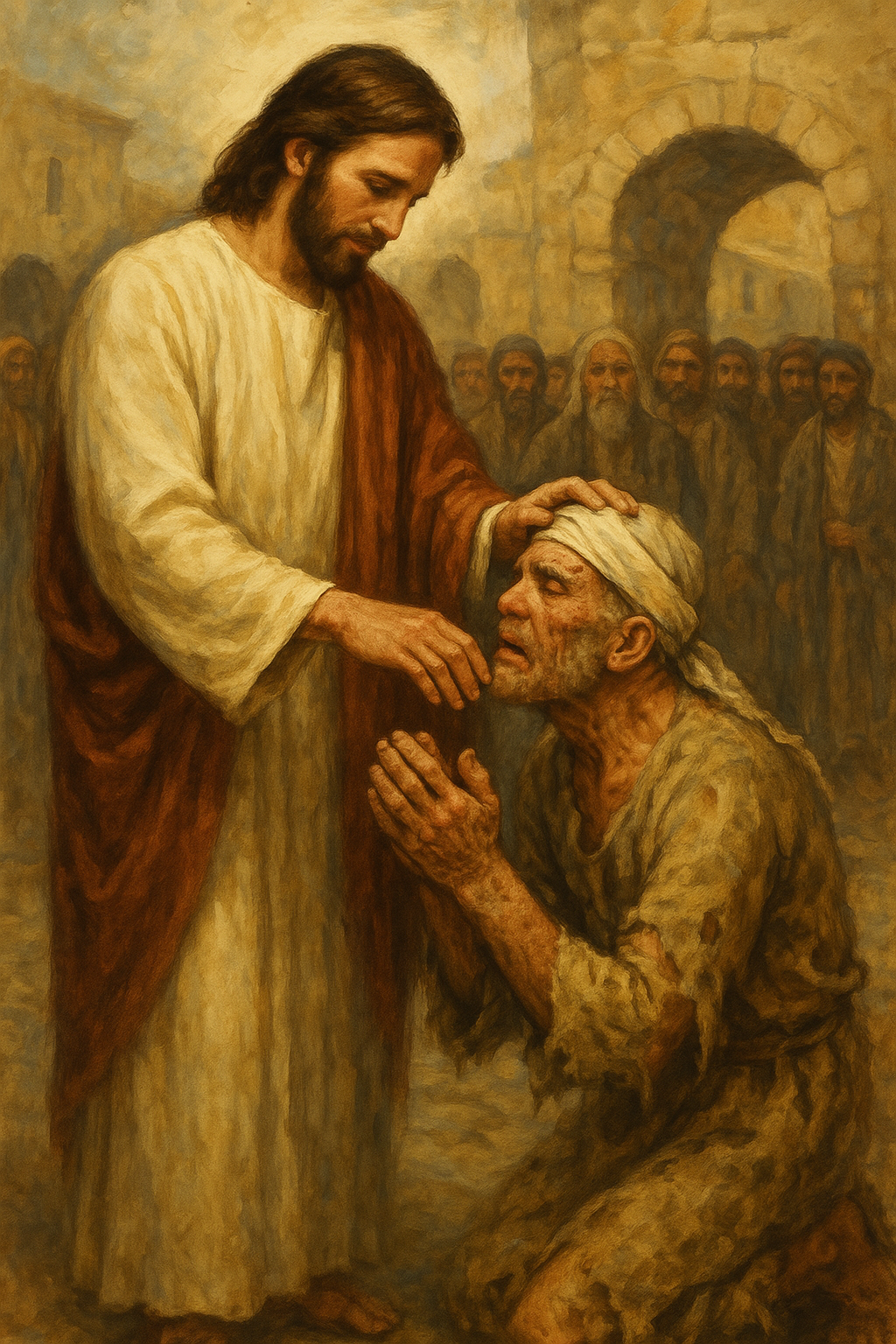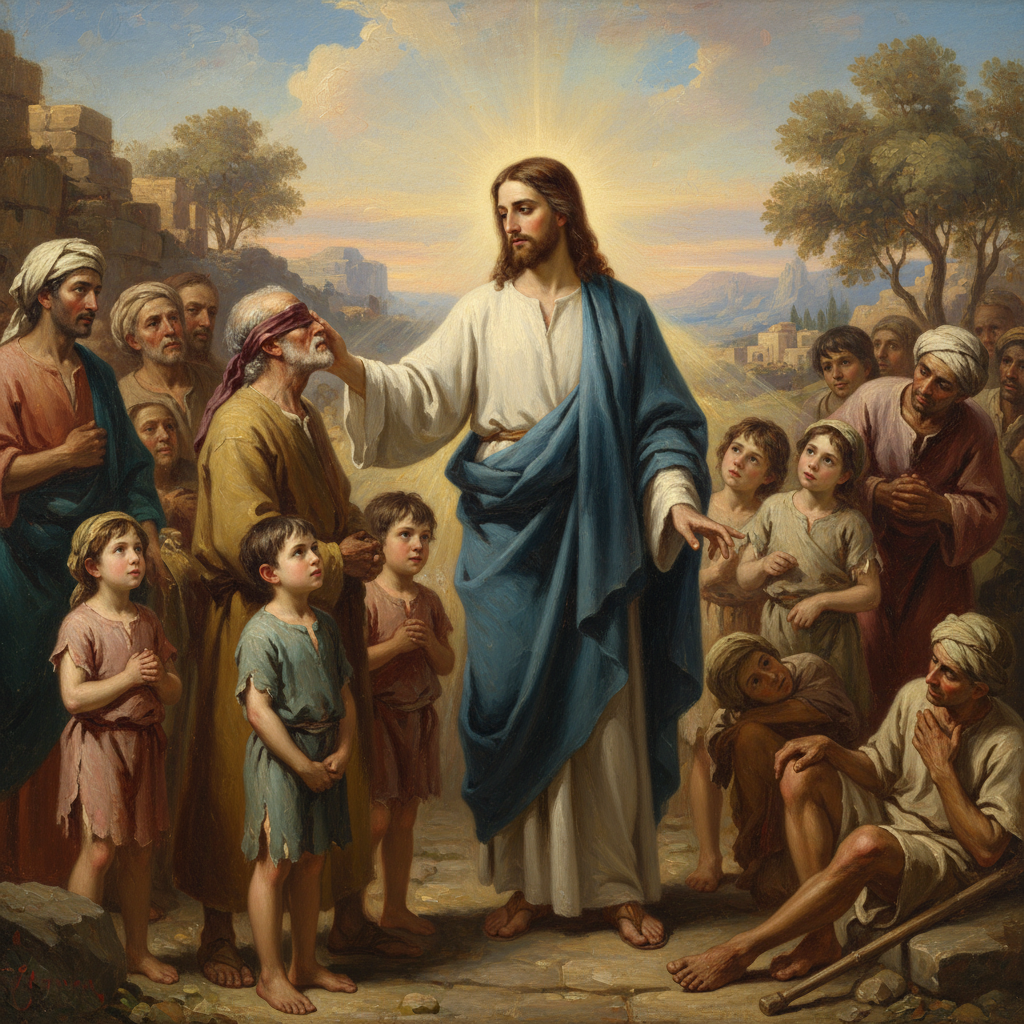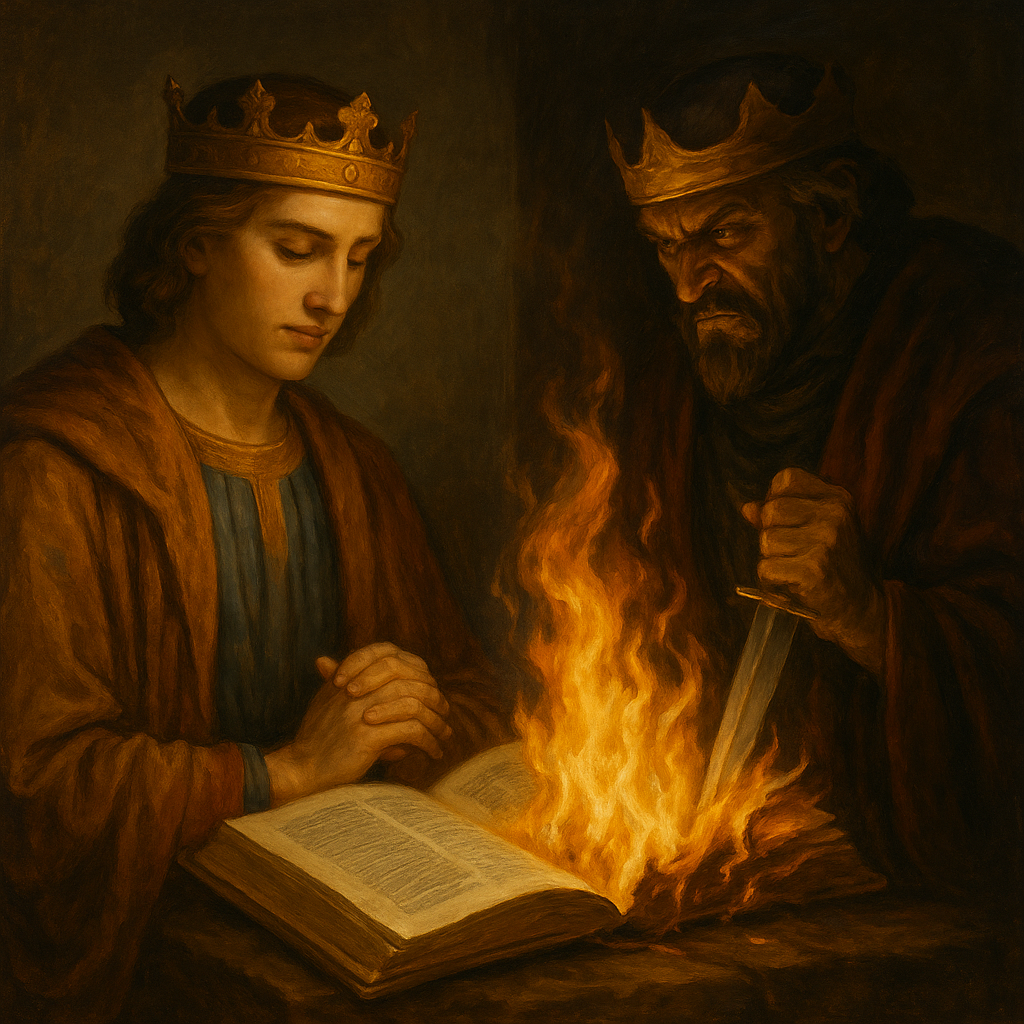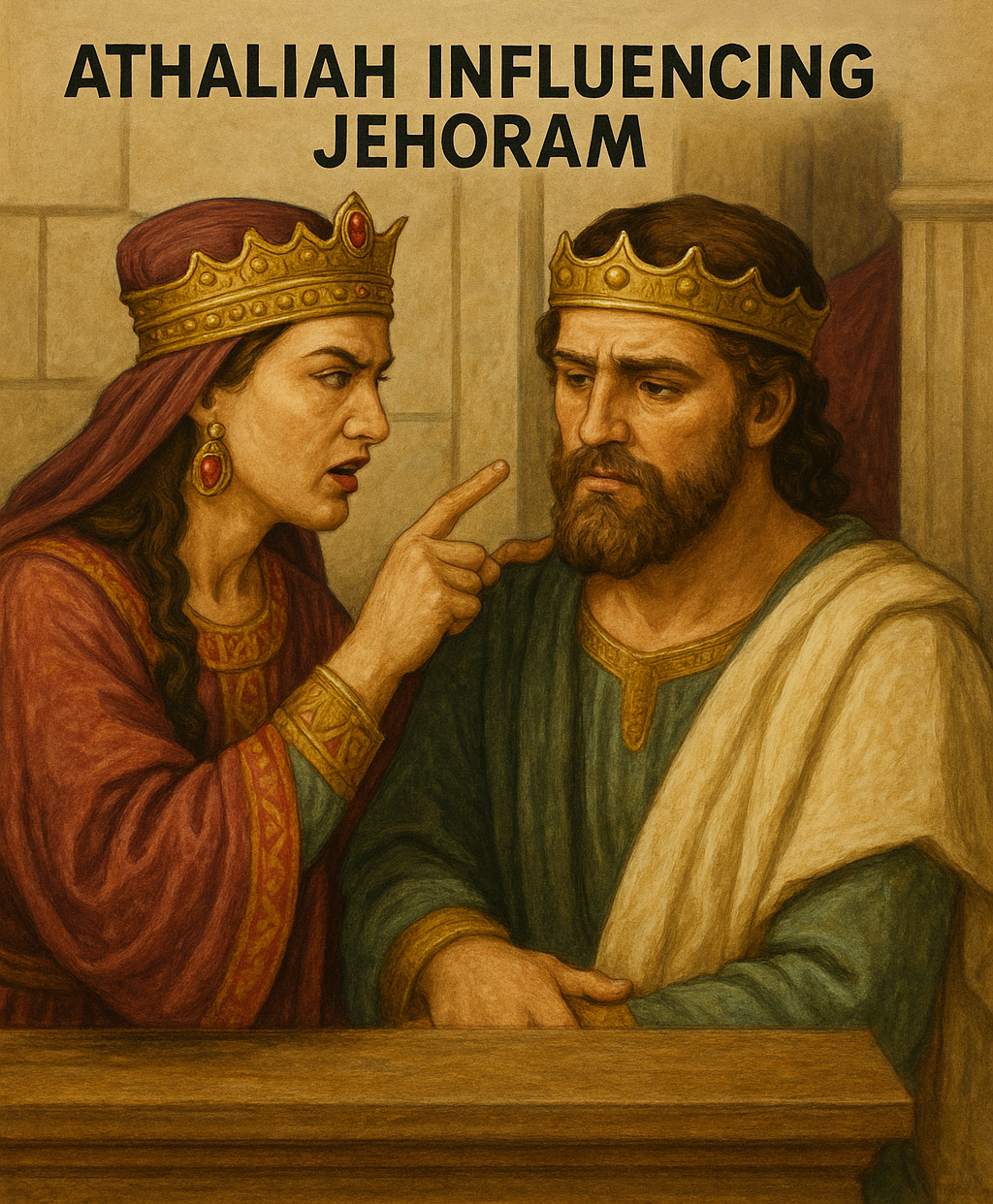 Matthew chapter 6 holds a special place in my heart, particularly verse 25. It resonates with our daily struggles, reminding us, “Therefore I tell you, do not be anxious about your life, what you will eat or what you will drink, nor about your body, what you will put on. Is not life more than food and the body more than clothing?” This verse speaks to the very concerns that often occupy our minds, just as they did for the children of Israel as they journeyed through the wilderness. What will I eat? What will I drink? And what will I wear? Because of their focus on what they didn’t have, such as food, water, clothes, etc., The Israelites were the most unhappy, complaining people one might ever want to lead. Ask Moses! Ian MacLaren wrote, “What does your anxiety do? It does not empty tomorrow of its sorrow, but it does empty today of its strength. It does not make you escape the evil; it makes you unfit to cope with it when it comes. God gives us the power to bear all the sorrow of His making, but He does not guarantee to give us strength to bear the burdens of our own making such as worry induces.”
Matthew chapter 6 holds a special place in my heart, particularly verse 25. It resonates with our daily struggles, reminding us, “Therefore I tell you, do not be anxious about your life, what you will eat or what you will drink, nor about your body, what you will put on. Is not life more than food and the body more than clothing?” This verse speaks to the very concerns that often occupy our minds, just as they did for the children of Israel as they journeyed through the wilderness. What will I eat? What will I drink? And what will I wear? Because of their focus on what they didn’t have, such as food, water, clothes, etc., The Israelites were the most unhappy, complaining people one might ever want to lead. Ask Moses! Ian MacLaren wrote, “What does your anxiety do? It does not empty tomorrow of its sorrow, but it does empty today of its strength. It does not make you escape the evil; it makes you unfit to cope with it when it comes. God gives us the power to bear all the sorrow of His making, but He does not guarantee to give us strength to bear the burdens of our own making such as worry induces.”
Instead, he tells us not to worry. It’s not just for food, shelter, and clothes that make us anxious. We worry about all the different things we have in our complex 21st-century lives. Even though there are those who still have to worry about those things, most of us have all these needs met and then some. But we’re exhorted throughout the Old Testament and the New Testament to trust God and not to worry about anything. “Don’t be afraid” is one of the most repeated phrases in the Bible. I once focused an entire year’s devotions on the “don’t worry” passages in the bible. One that I missed in that year was Jeremiah 1. Verses 17-19. It contains God’s call on Jeremiah to get out of bed and do what God called. It says, “Get up and prepare for action. Go out and tell them everything I tell you to say. Do not be afraid of them… You will stand against the whole land—the kings, officials, priests, and people of Judah. They will fight you, but they will fail. I am with you and will take care of you.”
Even in the face of daunting challenges, God’s message to Jeremiah was clear: Trust Him, get up, and do what he’s supposed to do. We all encounter overwhelming odds at times, and we all need to take to heart God’s final words to Jeremiah, “I am with you, and I will take care of you.”

 One of the more important things we learn about God as revealed to us in the person of His Son, Jesus Christ, is that He is a God of great Compassion. That is often affirmed in the Scriptures. The Bible teaches us that when He saw the multitudes, He was moved with compassion for them.… Jesus called His disciples to Himself and said, “I have compassion on the multitude.…” When the Lord saw her, He compassionately said to her, “Do not weep.…” So, Jesus had compassion and touched their eyes.” More examples could be given. In Matthew 8:3, we see where Jesus is approached by a leper. Lepers are outcasts of the community and unfit to enter into the temple at Jerusalem. They were forced to cover their mouths and shout, “unclean, unclean.” When this outcast leper approaches Jesus, he begs for healing. Matthew 8:3 says, “Jesus stretched forth his hand and touched him…” Luke says, “…moved with compassion, Jesus stretched out His hand and touched him.”
One of the more important things we learn about God as revealed to us in the person of His Son, Jesus Christ, is that He is a God of great Compassion. That is often affirmed in the Scriptures. The Bible teaches us that when He saw the multitudes, He was moved with compassion for them.… Jesus called His disciples to Himself and said, “I have compassion on the multitude.…” When the Lord saw her, He compassionately said to her, “Do not weep.…” So, Jesus had compassion and touched their eyes.” More examples could be given. In Matthew 8:3, we see where Jesus is approached by a leper. Lepers are outcasts of the community and unfit to enter into the temple at Jerusalem. They were forced to cover their mouths and shout, “unclean, unclean.” When this outcast leper approaches Jesus, he begs for healing. Matthew 8:3 says, “Jesus stretched forth his hand and touched him…” Luke says, “…moved with compassion, Jesus stretched out His hand and touched him.” Jesus always drew crowds wherever he went. He always healed the sick, gave sight to the blind, helped the lame to walk, and gave water to the thirsty as well as feeding the hungry. Furthermore, no one taught the way Jesus taught. The People always marveled at that. All the Gospels affirm and record many of Jesus’ miracles of healing. John tells us that all the books in the world could not hold all the things that Jesus did for the people. After Matthew records many miracles in the first part of Chapter Eight, he takes time to explain that they were done not just to show compassion for people. He wanted the world to see that he cared for, and always showed compassion for the less fortunate of humanity. Also, there was a more pointed reason for them all. Matthew 8:17 tells us, “This was to fulfill what was spoken by the prophet Isaiah: He took our illnesses and bore our diseases.” The message of Jesus’ miracle was that He was the one prophesied in the Old Testament.
Jesus always drew crowds wherever he went. He always healed the sick, gave sight to the blind, helped the lame to walk, and gave water to the thirsty as well as feeding the hungry. Furthermore, no one taught the way Jesus taught. The People always marveled at that. All the Gospels affirm and record many of Jesus’ miracles of healing. John tells us that all the books in the world could not hold all the things that Jesus did for the people. After Matthew records many miracles in the first part of Chapter Eight, he takes time to explain that they were done not just to show compassion for people. He wanted the world to see that he cared for, and always showed compassion for the less fortunate of humanity. Also, there was a more pointed reason for them all. Matthew 8:17 tells us, “This was to fulfill what was spoken by the prophet Isaiah: He took our illnesses and bore our diseases.” The message of Jesus’ miracle was that He was the one prophesied in the Old Testament.
 I have an old friend who believes that every truth taught in the New Testament has a perfect illustration in the Old Testament. I haven’t validated that yet, but I see it often enough to agree with it. 1 Corinthians 15:33 tells us, “Don’t be deceived; bad company corrupts good morals.” Then, in the book of Chronicles, in the Old Testament, we read the story about Jehoram, the son of the good king Jehoshaphat, who married Athaliah, the daughter of the bad king Ahab and the daughter of the most wicked queen, Jezebel. When we read the passage in Chronicles that tells us about Jehoram, we learn that he killed all his brothers and others of the princes of Israel to ensure that he would have no competition for the throne (2 Chr. 21:4). Josephus expands on this indicating he committed the murders at the prompting of Athaliah. It was through her influence the worship of Baal pervaded the court of Jerusalem, leading to the condemnation of both her husband, Jehoram, and their son, Ahaziah.
I have an old friend who believes that every truth taught in the New Testament has a perfect illustration in the Old Testament. I haven’t validated that yet, but I see it often enough to agree with it. 1 Corinthians 15:33 tells us, “Don’t be deceived; bad company corrupts good morals.” Then, in the book of Chronicles, in the Old Testament, we read the story about Jehoram, the son of the good king Jehoshaphat, who married Athaliah, the daughter of the bad king Ahab and the daughter of the most wicked queen, Jezebel. When we read the passage in Chronicles that tells us about Jehoram, we learn that he killed all his brothers and others of the princes of Israel to ensure that he would have no competition for the throne (2 Chr. 21:4). Josephus expands on this indicating he committed the murders at the prompting of Athaliah. It was through her influence the worship of Baal pervaded the court of Jerusalem, leading to the condemnation of both her husband, Jehoram, and their son, Ahaziah. I know the New Year, 2026, is still months away, but I’ve already begun to consider making resolutions. I always do. I don’t always write them down on paper or put them in my daily journal, but there’s always some resolve to do better in some area. I did some research on the top ten resolutions made by individuals in America. Many of the sites listed resolutions common to us: lose weight, get fit, spend less – save more, and get organized. I was surprised that nearly every list I saw included quit smoking in the top ten. I thought that smoking was primarily a thing of the past. I guess that’s pretty egocentric. Since it’s in the past for me, it should be for everyone. Well, my search revealed exactly what I thought it would reveal. Most of us want the same things in our lives. But there were some surprises also.
I know the New Year, 2026, is still months away, but I’ve already begun to consider making resolutions. I always do. I don’t always write them down on paper or put them in my daily journal, but there’s always some resolve to do better in some area. I did some research on the top ten resolutions made by individuals in America. Many of the sites listed resolutions common to us: lose weight, get fit, spend less – save more, and get organized. I was surprised that nearly every list I saw included quit smoking in the top ten. I thought that smoking was primarily a thing of the past. I guess that’s pretty egocentric. Since it’s in the past for me, it should be for everyone. Well, my search revealed exactly what I thought it would reveal. Most of us want the same things in our lives. But there were some surprises also.